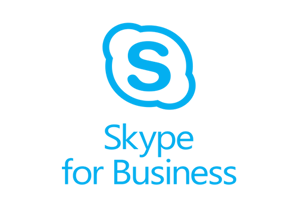What we do
- SOLUTIONS
-
Continuant Connect
UCaaS solution for Enterprise -
Teams Phone
Direct Routing for Teams Phone -
Zoom Phone
Enable calling through Zoom -
Webex Calling
Enable calling through Webex -
C4
CX for Better Customer Experiences -
Cisco UC
Migrate legacy PBX to Cisco -
Custom Meeting Rooms
Enterprise-grade AV solutions
%20Success%20Stories/3M%20-%20main.jpg)
%20Success%20Stories/Baylor-CS-Image-2.jpg)



 For active Skype for Business users, this might sound both strange and alarming. Does this mean that you won’t be able to use Skype at all? There is no reason to be alarmed, because in Skype’s case, “end of life” doesn’t necessarily mean death.
For active Skype for Business users, this might sound both strange and alarming. Does this mean that you won’t be able to use Skype at all? There is no reason to be alarmed, because in Skype’s case, “end of life” doesn’t necessarily mean death.
